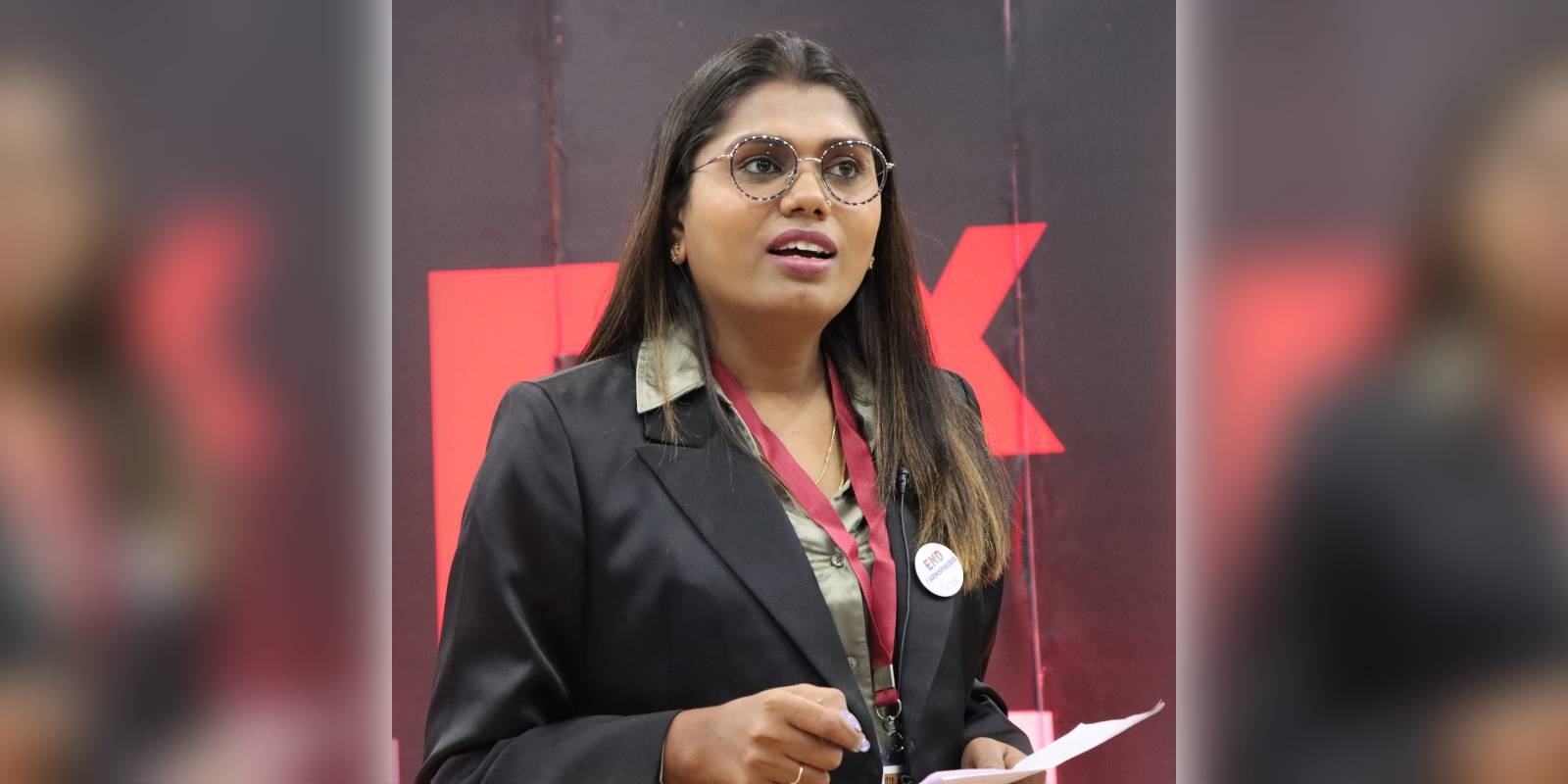The case stems from a complaint by Devika Devendra S Manglamukhi, a member of the Uttar Pradesh Transgender Welfare Board, who alleged that she was robbed and threatened by a group of masked individuals in Lucknow in December 2024.
Published Apr 29, 2025 | 3:32 PM ⚊ Updated Apr 29, 2025 | 6:34 PM

Tamil Nadu Dalit and transgender activist Grace Banu. (Supplied)
Synopsis: Dalit and transgender activist Grace Banu has been summoned by Lucknow police in a robbery case. Named along with three others, Banu denies involvement, linking the FIR to her advocacy for horizontal reservation for trans persons. She further claimed the case is false and politically driven. Other activists also claimed the case is caste-driven and aims to silence voices pushing for equitable representation within caste categories.
Tamil Nadu-based Dalit and transgender activist Grace Banu has been summoned by the Lucknow police in connection with a robbery case filed in January this year.
The case stems from a complaint by Devika Devendra S Manglamukhi, a member of the Uttar Pradesh Transgender Welfare Board, who alleged that she was robbed and threatened by a group of masked individuals in Lucknow in December 2024.
Banu is one of four transwomen named in the first information report (FIR), alongside fellow activists Yashika, Jane Kausik, and Rithvika. The FIR accuses them of serious charges, including assault and robbery. While the FIR was registered in January, the summons to appear before the Talkatora Police Station in Lucknow was issued to Banu only recently.
However, Banu has strongly denied any connection to the alleged incident. Speaking to South First, she said, “I have never even been to Uttar Pradesh in my life. This case is clearly fabricated and intended to intimidate those of us advocating for horizontal reservation for trans persons.”
Describing her first interaction with the police, Banu said, “I was contacted by someone claiming to be from the Lucknow police. They told me a case had been filed and that I needed to appear immediately. When I asked for the FIR, they directed me to download it from the government portal and sent a summons to me via WhatsApp.”
She further added, “When I questioned the process, they responded with veiled threats, saying if I didn’t appear, they would ‘drag me from my house’. I then consulted my lawyer and sent a formal response through the same WhatsApp number. I’ve received no reply since.”
Banu felt the FIR is not only baseless but politically and socially motivated. “Devika Manglamukhi is targeting activists who are vocal about horizontal reservation. I’ve never interacted with her, yet I’ve been named in this case. This is a clear attempt to stall the growing movement for equitable representation for trans persons,” she said.
She added that the other activists named in the FIR have also been outspoken on horizontal reservation — a key issue within the trans rights movement that seeks representation for trans persons across caste categories rather than under a single umbrella like OBC.
The case also appears to be the latest escalation in a long-standing dispute between complainant Devika Manglamukhi and activist Yashika.
In January, Yashika filed a complaint with the National Commission for Scheduled Castes (NCSC), alleging that Devika was targeting trans women advocating for horizontal reservation. The Commission had subsequently issued a notice to Devika.
Banu said the case cannot be separated from caste dynamics. “Caste differences have played out in how Devika has tried to dominate and silence other trans voices. This FIR is just another extension of that oppression,” Banu said.
Explaining the principle behind horizontal reservation, Banu said the movement began in South India in 2011.
“The NALSA verdict suggested trans persons be placed under the OBC category, but we argue that this is reductive. Not all trans people come from the same caste or class backgrounds. We face intersecting layers of discrimination such as caste, gender, and economic marginalisation,” she said.
Horizontal reservation, she explained, ensures that trans persons receive proportional representation within each existing caste category’s SC, ST, OBC, and General, rather than being grouped into a single slot.
“Karnataka has already implemented this model. We are fighting for the same in Tamil Nadu. We’ve led protests, filed court cases, and run awareness campaigns. This case is clearly aimed at derailing that momentum. But let me be clear — it will not succeed,” Banu reiterated.
(Edited by Sumavarsha)
